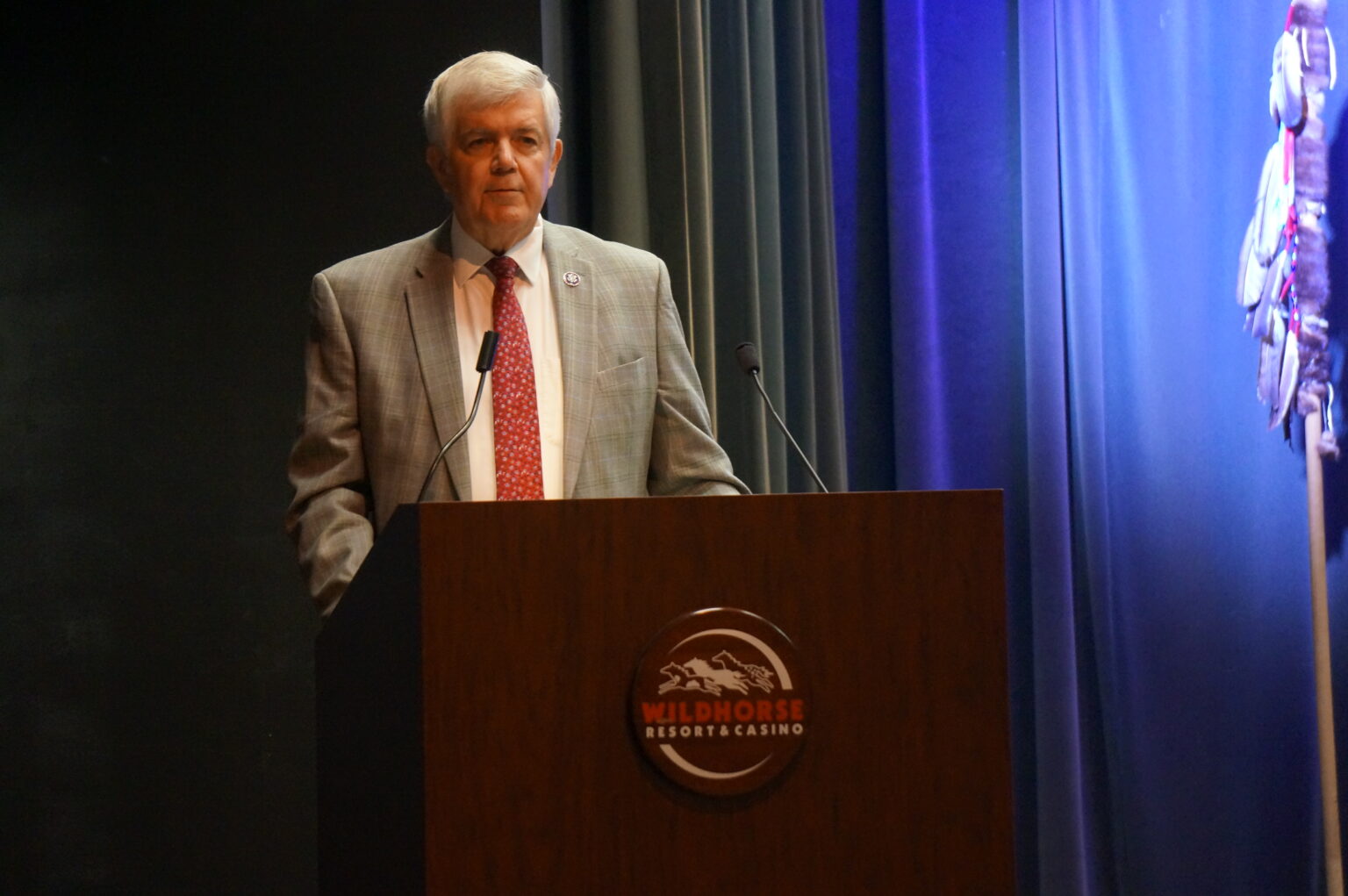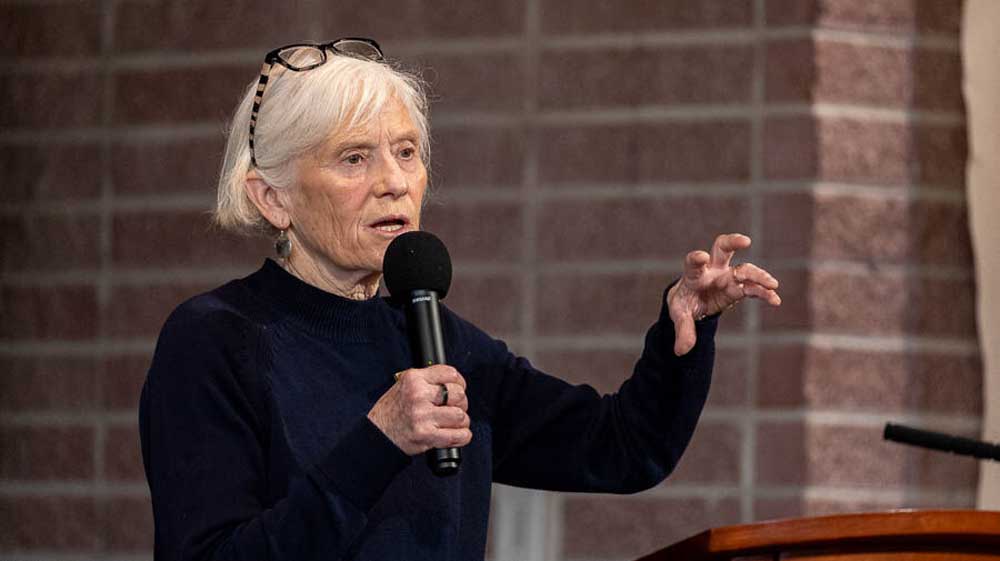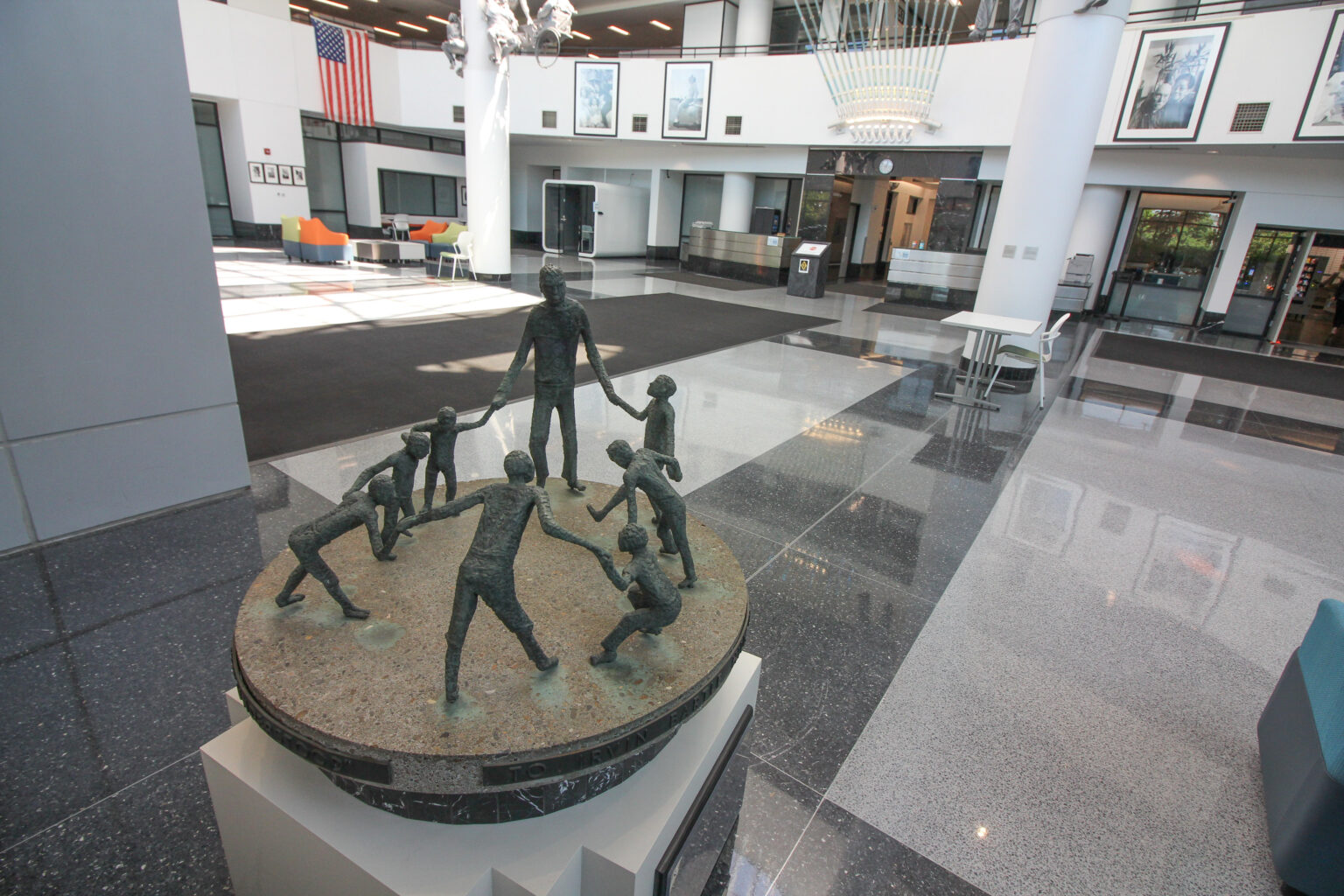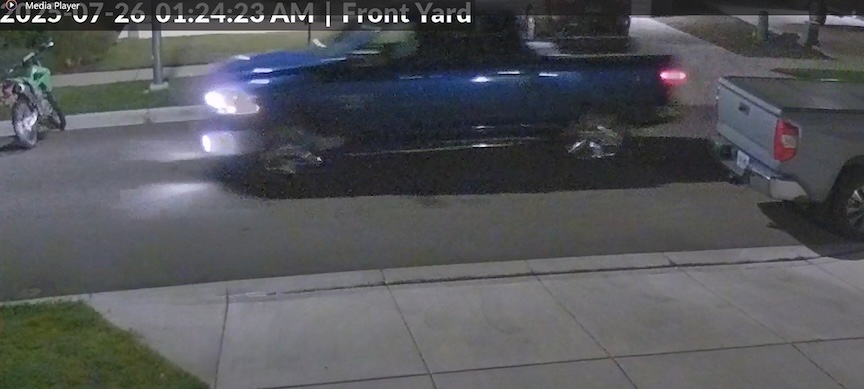Progressive Democrats unveil plan for Oregon transportation funding driven by doubling of gas tax
Published 10:29 am Thursday, June 5, 2025

- Crews pour concrete on an exit bridge on Interstate 5 in south of Ashland in August 2021. (Oregon Department of Transportation)
The latest package from Oregon Democrats, including Sen. Golden of Ashland, would raise revenue for electric vehicles, buses, mass transit and bridges through higher taxes and fees on cars, gas and payrolls
A group of progressive Democrats is proposing doubling the gas tax over the next seven years to help pay for overdue upgrades to roads, bridges, public transit and to help accelerate the adoption of electric vehicles and buses. Republicans say it would give Oregon among the highest state gas taxes in the nation.
Lawmakers have spent much of the past few months negotiating long overdue funding for stunted public transportation systems and worn highways and bridges, with a deadline to reach an agreement fewer than four weeks away when the legislative session must end. Officials at the Oregon Department of Transportation earlier this year predicted a deficit of $350 million in the year ahead and warned they would need to lay off nearly 1,000 employees without additional funding.
Trending
Republicans and Democrats in recent weeks have shared competing proposals, including Wednesday’s from state Sens. Khanh Phạm, D-Portland, and Jeff Golden, D-Ashland and state Reps. Mark Gamba, D-Milwaukie, and Sarah Finger McDonald, D-Corvallis. The four are among Oregon’s most progressive legislators, and it’s unclear how well their proposal will go over with other Democrats, especially those running for reelection in swing districts.
“Every state that surrounds us spends more per capita on transportation than we do, in some cases, significantly more,” Gamba said on the Capitol steps Wednesday at a press event launching the proposal. “It is time that Oregon do the responsible thing, and lean into ensuring that we are protecting the investments we’ve already made in infrastructure that exists in our roads, in our bridges and continuing to move us into the 21st century in addressing climate and safety.”
The proposal includes a 50% increase on vehicle registration costs, a 2% sales tax on new cars and a 1% sales tax on used cars costing over $10,000. It also would increase state payroll taxes employees and employers pay by half of a percentage point over the next seven years, with about one tenth of one percent added over each biennium. That means an Oregonian earning $4,000 per month in 2032 would pay an additional $20 per month in state payroll tax, Golden told the Capital Chronicle.
One big ticket revenue booster in the proposal would come from adding about 5 cents per year to the statewide gas tax, bringing it from 40 cents per gallon today to 80 cents per gallon by 2032.
State Rep. Christine Drazan, House minority speaker and a Republican from Canby, said if passed, the proposal would leave Oregon’s among the highest state gas taxes in the nation. Californians currently pay a 70 cent per gallon state gas tax, which would likely be higher than Oregon’s by 2032 since it rises with inflation, according to data from the federal Energy Information Administration.
“Democrats want Oregonians to pay more and get less. Oregonians can’t afford more than $2 billion in taxes to throw more money at a broken system,” she wrote in an emailed statement.
Competing proposals
Trending
The proposal shared Wednesday would invest $750 million in the next biennium to upgrade existing highways and bridges, to make school routes safer, pay for wildlife crossings, improve and expand public transit infrastructure and ridership and subsidize electric bikes, vehicles and buses.
The package includes higher taxes and fees on new and used car purchases, gas and payrolls than the initial package Democrats unveiled in April. Another proposal shared by the Democratic co-chairs of the Transportation Committee on May 22 would generate revenue for roads and bridges from the sale of carbon credits, a controversial and surprising option given Republican opposition to cap-and-trade policies that would have created such a carbon market in the state years ago.
Environmental groups who worked for years with Oregon’s Department of Environmental Quality to get a pseudo-carbon market set up to fund community projects in the state that reduce greenhouse gas emissions have lambasted that plan. Robin Rumancik, a spokesperson for the nonprofit Oregon Environmental Council, called the proposal “cap-and-pave” in a news release.
House and Senate Republicans have thrown their support behind a proposal that would not raise revenues from new sources, but from cutting funding for bike and pedestrian safety and public transit to provide more money for roads and bridges.
More money needed
The plan Phạm, Golden, Gamba and Finger McDonald are proposing, called the Safe Modern Affordable Reliable Transportation framework, or SMART, would be paid for by gradually adding 10 cents to the statewide gas tax per biennium — about 5 cents per year — through 2032, adding a 2% sales tax on new vehicle purchases and a 1% sales tax on used vehicle purchases over $10,000.
It would add $90 to vehicle title fees and $63 to $158 to vehicle registration fees, and increase the transit payroll tax by one-tenth of 1 percent or $1 per $1,000 in wages, hiking it to 0.5% by 2032. That tax goes to the State Transportation Improvement Fund for Public Transit.
These taxes and fees are all higher than lawmakers proposed in April. Both proposals, however, include increasing by nearly 17% the per-mile fee large trucks and trailers pay according to weight.
Golden said more revenue will be needed to fund the state’s transportation needs.
“When you are pretending you can provide adequate transportation infrastructure without more revenue in this day and age, you are not being straight with Oregonians.”
To pass a transportation package that includes increased taxes and fees, Democrats will need every party member in both chambers and likely at least one House Republican. Democrats started the session with 36 members, enough to pass bills raising revenue without help from Republicans, but they’re down one member until county commissioners fill a vacancy next week. Another Democrat, Rep. Hòa Nguyễn of Portland, has been absent since February while receiving cancer treatment.









